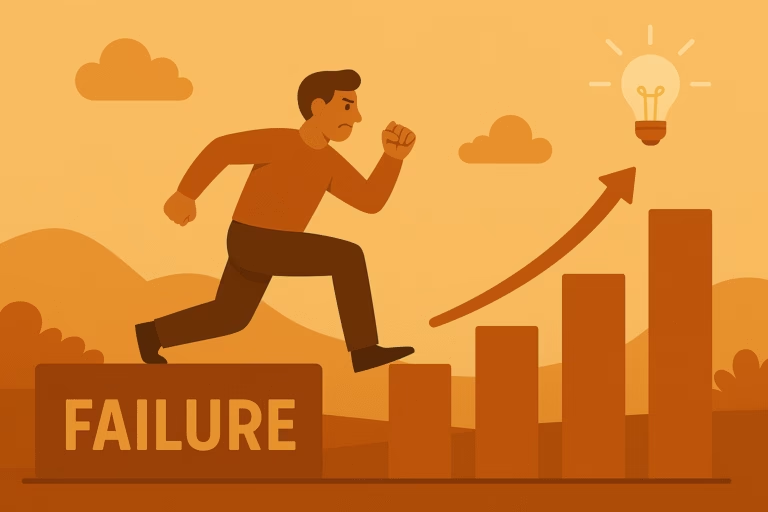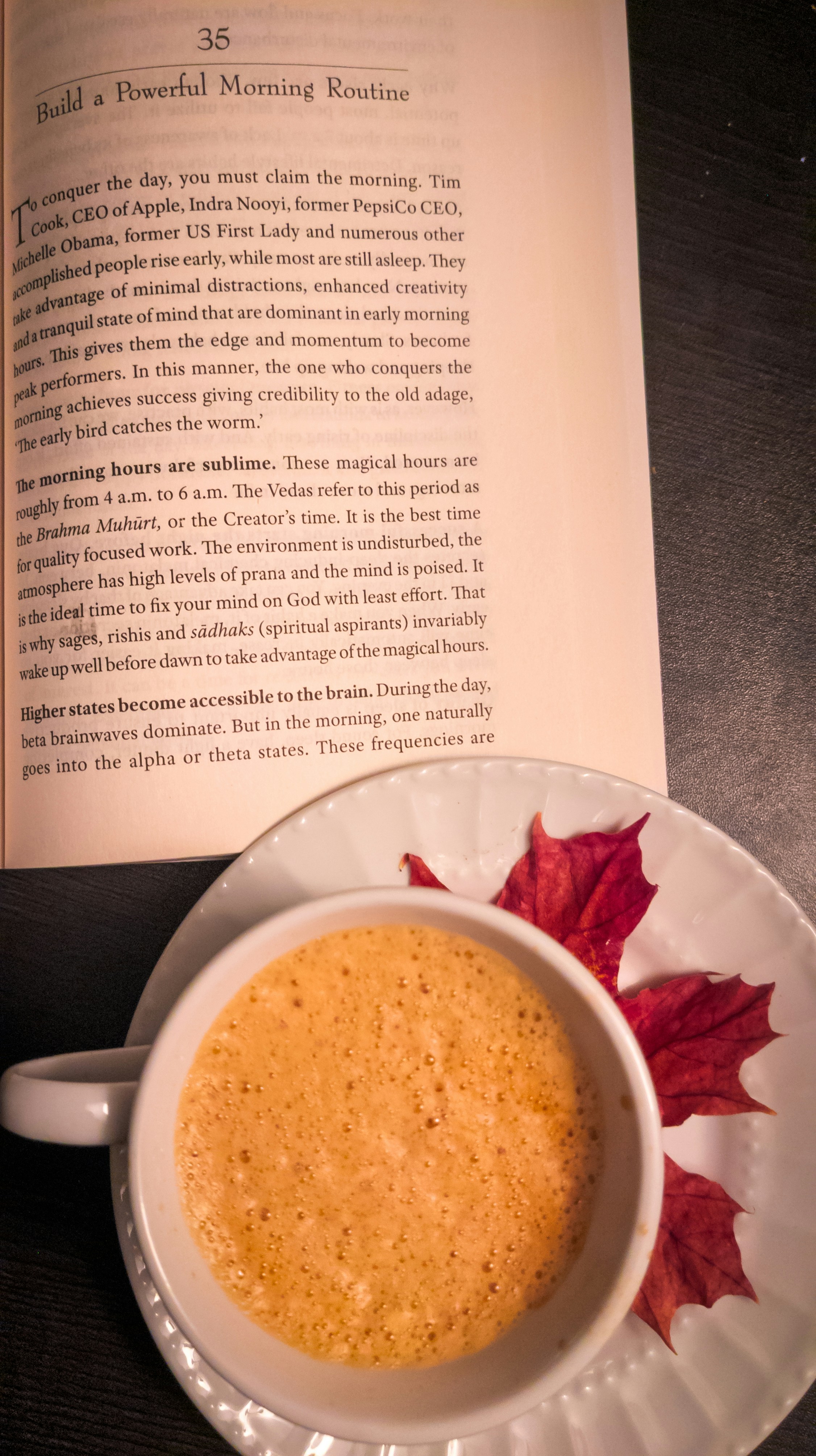"Better Every Day For You" -NeoKalon
Growth Mindset: Why Choosing Failure is the Path to Success
Introduction
The concept of a growth mindset, as proposed by psychologist Carol Dweck, has gained significant traction in educational and professional spheres. A growth mindset is characterized by the belief that abilities and intelligence can be developed through dedication, effort, and learning from experiences. This perspective contrasts starkly with a fixed mindset, where individuals view their abilities as immutable. Understanding the distinction between these two mindsets is pivotal for anyone aiming to achieve success in any realm of life.
One prevalent misconception is that failure should be avoided at all costs. Many individuals perceive failure as a negative outcome, equating it with incompetence or lack of skill. However, this mindset inhibits potential growth and learning opportunities. Embracing failure, instead, can serve as a catalyst for improvement and innovation. When individuals choose to view challenges and mistakes as essential components of the learning process, they empower themselves to tackle tasks with resilience and adaptability.
For instance, unsuccessful attempts at a project can illuminate areas for enhancement and spark creativity in finding workable solutions. Those who adopt a growth mindset tend to approach difficulties with curiosity, viewing each setback as a step towards mastery rather than a sign of their limitations. The capacity to forgive oneself for mistakes and learn from them fosters a positive attitude, one that is crucial for long-term success. This approach not only enriches personal development but also contributes to collective progress in teamwork and leadership settings.
By acknowledging the valuable lessons that failure offers, individuals can cultivate a deeper appreciation for the journey of growth. The aim here is to encourage a reconsideration of how challenges are perceived. With this foundation, readers will be invited to explore the transformational potential of embracing a growth mindset in subsequent sections.
Key Lessons
The concept of a growth mindset fundamentally alters the way individuals perceive their abilities and potential. Unlike a fixed mindset, where people believe their intelligence and talents are fixed traits that cannot be enhanced, a growth mindset emphasizes the belief that abilities can be cultivated through effort, perseverance, and learning. This shift in perspective fosters resilience and encourages lifelong learning.
One of the vital lessons of a growth mindset is the importance of embracing challenges. Instead of avoiding difficulties, individuals with a growth mindset see these challenges as opportunities for growth. They understand that grappling with complex problems can lead to greater understanding and mastery. For example, students who embrace difficult coursework often experience deeper learning and retention compared to those who choose easier subjects merely to secure good grades.
Learning from criticism is another critical aspect of developing a growth mindset. Whereas individuals with a fixed mindset may view criticism as a personal attack, those with a growth mindset consider constructive feedback a valuable tool for improvement. This openness to feedback can inspire individuals to refine their skills and broaden their perspectives. For instance, professional athletes actively seek critiques from coaches to enhance their performance, demonstrating that reflection on feedback can lead to significant achievements.
Furthermore, individuals with a growth mindset find inspiration in the success of others rather than feeling threatened by it. They recognize that someone else’s success does not diminish their own potential. This promotes a collaborative spirit, where sharing ideas and strategies becomes commonplace. A tangible example can be seen in the tech industry, where collaboration among innovators often leads to groundbreaking advancements.
By adopting these key lessons, individuals can foster a growth mindset that enables them to navigate their personal and professional journeys more effectively, ultimately leading to greater success and fulfillment.
How to Develop a Growth Mindset
Developing a growth mindset is a transformative process that allows individuals to embrace challenges and learn from setbacks. One effective strategy is to set learning goals rather than performance goals. Learning goals focus on the development of skills and knowledge, enabling individuals to measure success based on personal growth rather than external validation. For example, instead of aiming for a high score on a test, a student might set a goal to understand the material more deeply. This shift encourages exploration and fosters resilience in the face of difficulties.
Another crucial component of cultivating a growth mindset is actively seeking feedback. Constructive criticism helps to illuminate areas for improvement and provides valuable insights that can be used for personal and professional development. By welcoming feedback rather than fearing it, individuals open themselves up to opportunities for growth. This can be achieved by engaging in regular conversations with mentors, peers, or coaches who can provide guidance and support.
Reframing self-talk is also vital in fostering a growth mindset. Individuals can challenge negative thoughts by replacing them with affirmations that promote resilience. For instance, instead of saying, “I can’t do this,” they might rephrase it to, “I can learn how to do this with practice.” This simple shift in language reinforces a belief in one’s ability to develop and overcome challenges.
Exercises can assist in identifying current mindsets. Journaling about past challenges and the lessons learned can illuminate growth opportunities. Asking oneself questions like “What did I learn from this experience?” or “How can I approach this differently next time?” encourages self-reflection and a continuous improvement mindset. Real-world success stories, such as those of renowned figures who have turned failures into stepping stones for success, further illustrate the effectiveness of these strategies, inspiring readers to adopt a growth-oriented approach in their lives.
Final Call to Action
Embracing a growth mindset is fundamental in redefining our relationship with failure. Throughout this post, we have explored how viewing failure not as an endpoint but as a catalyst for growth can significantly alter our paths to success. By recognizing the value inherent in challenges, we can begin to transform our setbacks into powerful opportunities for learning and personal development.
As you reflect on the insights shared, consider the ways in which you can integrate a growth mindset into your daily life. Start by welcoming challenges rather than shying away from them; each difficulty faced is a chance to hone skills and expand your understanding. Acknowledge that every setback provides invaluable lessons that can inform better decision-making in the future. Adopting this perspective not only enhances resilience but also fosters an environment where innovation and creativity can flourish.
To take actionable steps toward this transformation, set specific, measurable goals that challenge your current abilities. Surround yourself with individuals who inspire growth and who encourage taking risks, as their support can reinforce your commitment to a path less traveled. Engage in regular reflections on your experiences, analyzing both successes and failures to glean insights that will empower future endeavors. Remember, failure is not a label but a stepping stone on your journey toward excellence.
In conclusion, as we navigate the complexities of personal and professional life, let us commit to prioritizing growth over comfort. Embrace failure, learn from it, and allow it to guide you toward becoming the best version of yourself. Adopting this mindset will not only improve your individual performance but will also create a ripple effect that inspires those around you to seek growth through perseverance. Start today, and pave the way for a future defined by success, resilience, and continuous improvement.
Recommended Reads & Related Resources
To help you go even deeper on your journey to living without limitations, here are some powerful books and articles we recommend. These resources can expand your mindset, build discipline, and inspire lasting change.
📚 Books to Read:
- Atomic Habits by James Clear – A practical guide on building systems and making small changes that lead to big results.
- The Subtle Art of Not Giving a F*ck by Mark Manson – A brutally honest book on letting go of unimportant things and living life on your own terms.
- Can’t Hurt Me by David Goggins – A powerful story of resilience, mental toughness, and pushing past limits.
- Ego Is the Enemy by Ryan Holiday – Learn how to conquer your inner resistance and lead with humility and strength.
Explore More & Stay Connected
If you found this post helpful or inspiring, make sure to check out our other articles on personal growth, mindset, and building a life of purpose. Every blog is crafted to help you break free from limitations and become the person you’re meant to be.
👉 Browse more blog posts here
👉 Return to the NeoKalon homepage
We update regularly, so don’t miss out on fresh content designed to challenge your mindset and fuel your journey. Your transformation starts here — one step, one thought, one habit at a time.
And of course don’t forget to leave a comment of your opinion and thoughts about this post. And thanks again for reading. Until next time.



